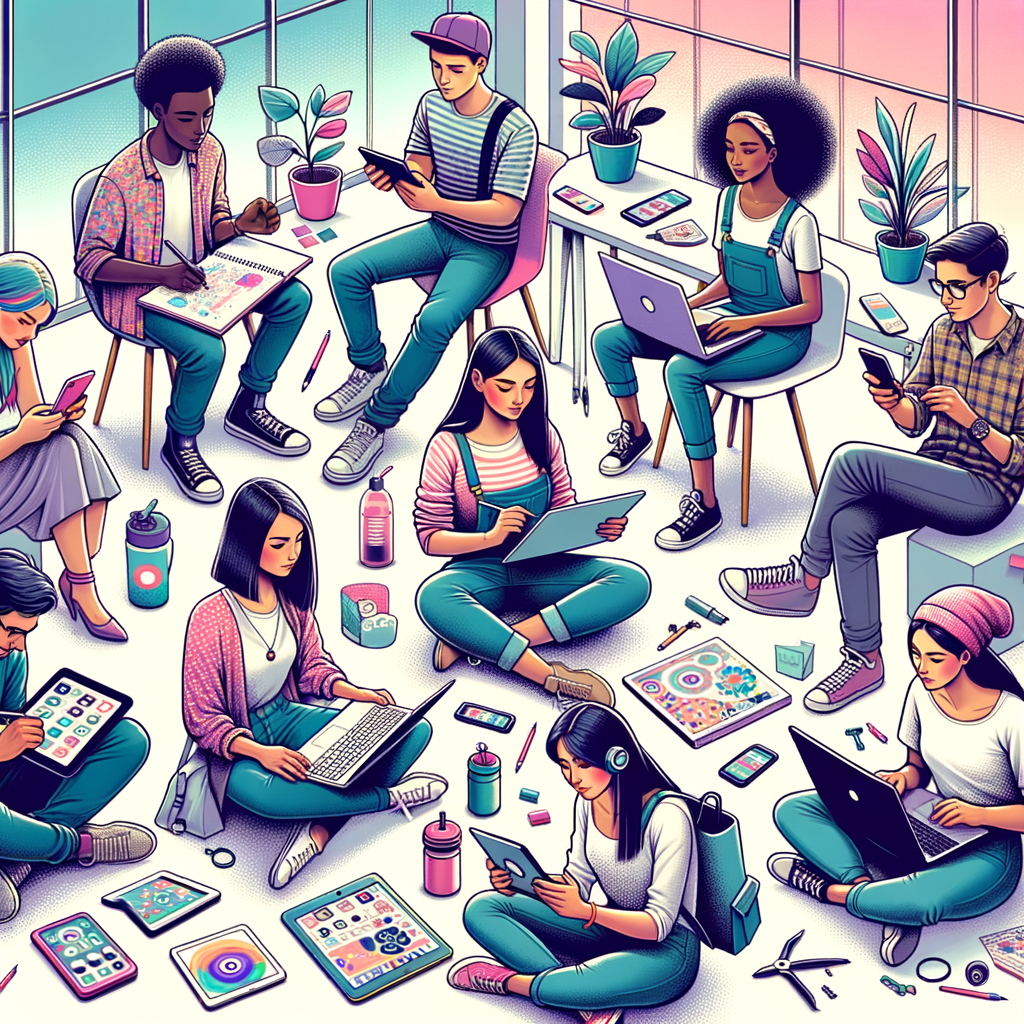A Dive into the ‘Accusation in a Mirror’ Phenomenon
The phenomenon known as “Accusation in a Mirror” refers to a psychological and social pattern where individuals project their own negative traits or behaviours onto others. This complex mechanism reveals not only personal insecurities but also broader societal dynamics. In this blog post, we will explore the origins, implications, and examples of this fascinating phenomenon.
Understanding the Concept
At its core, the “Accusation in a Mirror” phenomenon highlights a fundamental aspect of human psychology: the tendency to project one’s flaws onto others. This psychological defence mechanism serves various functions, both protecting the self-concept and offering a misguided method of coping with personal inadequacies.
Psychological Roots
Understanding the psychological roots of this phenomenon can be complex. Here are a few key elements:
- Defence Mechanism: In psychology, projection is a common defence mechanism where an individual ascribes their own undesirable feelings or attributes onto someone else.
- Self-preservation: By shifting focus away from personal shortcomings, one may temporarily alleviate feelings of guilt or shame.
- Cognitive Dissonance: If one believes they possess certain negative traits but simultaneously strives to maintain a positive self-image, projection allows them to reconcile these conflicting beliefs.
Illustrative Examples
To further clarify the concept, consider the following scenarios:
- In Personal Relationships: An individual who is unfaithful in a romantic relationship might accuse their partner of cheating. This projection serves to distract from their own infidelity while also undermining their partner’s trust.
- In Professional Settings: An employee who is consistently late to work may accuse colleagues of not valuing punctuality, thereby deflecting attention from their lack of timeliness.
- Social Media Dynamics: Online, users may vehemently criticize others for “fake news” while simultaneously sharing unverified or biased information themselves, revealing their own insecurities about credibility.
Implications of the Phenomenon
The “Accusation in a Mirror” phenomenon extends beyond individual psychology; it fosters a variety of societal implications:
- Divisiveness: In contentious social or political climates, projection can increase polarization, as groups rally around an ‘us versus them’ mentality.
- Confirmation Bias: Individuals may seek out information that affirms their accusations, reinforcing biases and distorting their perception of reality.
- Strain on Relationships: Whether personal or professional, accusatory behaviour leads to mistrust and disconnection, affecting collaboration and intimacy.
Combatting Projection
Addressing the issue of projection requires conscious effort and self-reflection. Here are some strategies:
- Self-awareness: Recognizing one’s own flaws can diminish the likelihood of projecting them onto others.
- Open Communication: Engaging in honest dialogues can clarify misunderstandings and minimize accusations.
- Therapeutic Interventions: Professional therapy can provide tools for dealing with underlying insecurities and cultivating healthier relationship dynamics.
Conclusion
The “Accusation in a Mirror” phenomenon serves as a lens through which we can better understand not only our personal behaviours but also the dynamics within society at large. By recognizing and addressing this phenomenon, we take steps toward fostering deeper connections and more authentic interactions with those around us.
Ultimately, understanding this phenomenon allows individuals and communities to break free from cyclical accusations and embrace a more compassionate and self-aware approach to relationships.
There you have it… See what works for you…
Campbell M Gold
To Create Health, Wealth, Success, and Longevity through the Power of Your Subconscious Mind, Visit: Campbell M Gold.com
Visit The Store and see what else can be of help






